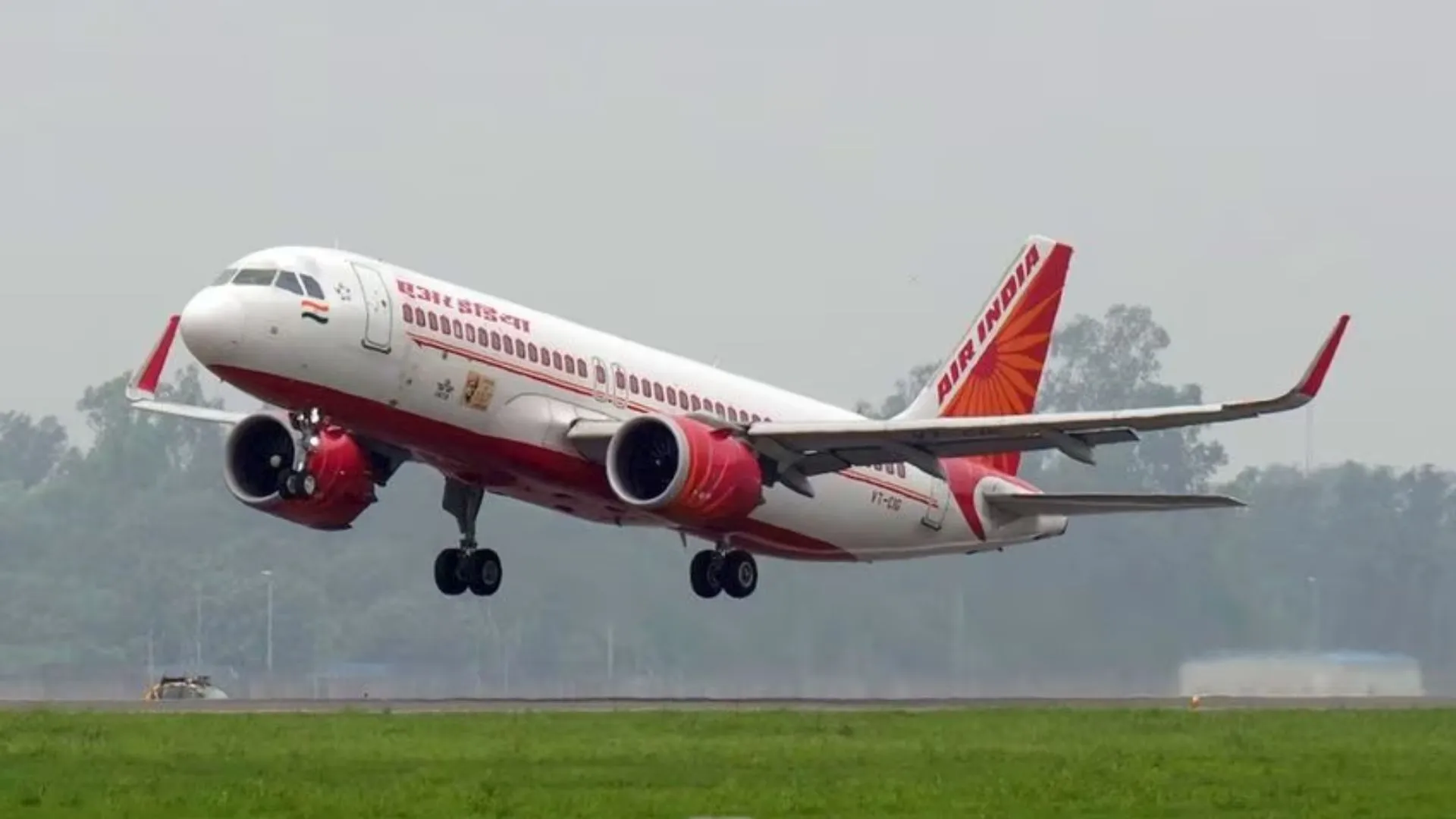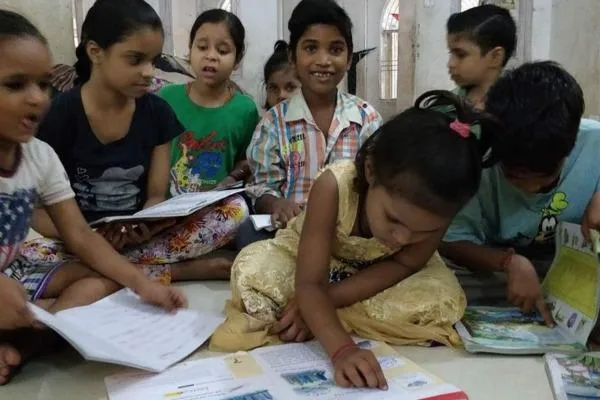
Domestic Flight Delays India Updated Airport Advisory Nov 7
Domestic Flight Delays or Operational Changes – Updated Airport Advisory
On November 7, 2025, domestic flight delays India have surged primarily at Delhi's Indira Gandhi International Airport, where a technical glitch in the Air Traffic Control (ATC) system has grounded over 100 flights, causing cascading disruptions across major carriers. IndiGo, Air India, Akasa Air, and SpiceJet report average delays of 30-90 minutes, with some like a Pune-Delhi SpiceJet flight stretching to 5.5 hours. This airport advisory Delhi urges passengers to check real-time status via airline apps, as low visibility from poor air quality exacerbates the chaos at IGI's runways. Mumbai and Bengaluru airports see minor operational changes, including slot adjustments for incoming Delhi-bound flights, while Chennai and Hyderabad maintain smoother schedules. No widespread cancellations, but the ATC snag highlights vulnerabilities in peak winter travel, impacting over 50,000 passengers today. Authorities assure resolution by afternoon, yet travelers should anticipate extended check-in times and baggage delays.
The glitch, affecting communication between ATC and pilots, stems from a software malfunction in the primary system, forcing manual overrides that slow departures. Air India Express flights at Terminal 1 idled for 1.5 hours, with pilots citing no takeoff clearances despite visible runway activity. In Pune, frustrated commuters on the delayed SpiceJet SG-815 filed grievances demanding compensation under DGCA norms. Kolkata and Ahmedabad report ripple effects, with five IndiGo flights rerouted, underscoring the interconnectedness of India's aviation network. This flight delay update India comes amid seasonal fog risks, prompting early advisories from the Airports Authority of India (AAI) for buffer times.
Beyond Delhi, minor tweaks at Mumbai's Chhatrapati Shivaji Airport include enhanced security checks due to heightened passenger volumes, potentially adding 15 minutes to boarding. No major domestic flight operational changes elsewhere, but vigilance is key as Northeast Monsoon remnants could trigger unscheduled halts in southern hubs.

Major Disruptions at Delhi's IGI Airport: ATC Glitch Breakdown
At the epicenter of today's flight delays Delhi, IGI Airport's ATC encountered a rare software error around 6 AM, halting automated sequencing and forcing voice-guided clearances that bottlenecked the tarmac. Over 100 domestic departures, including IndiGo's 6E-512 to Bengaluru and Air India's AI-471 to Mumbai, faced 45-minute average waits, with peaks at 2 hours for early morning slots. Passengers at Terminal 3 reported overcrowded lounges, while T1's low-cost carriers like Akasa bore the brunt, with 20 flights idling on apron stands.
The ripple extended to arrivals: Five international feeders from Dubai and Singapore circled for 20 minutes before landing, delaying onward domestic connections. GMR Group, IGI's operator, activated backup radars, restoring 70% capacity by 10 AM, but experts attribute the snag to legacy systems overdue for upgrades. Poor AQI levels, hovering at 350, compounded visibility issues, invoking CAT IIIB protocols that further spaced takeoffs.
SpiceJet's Pune-Delhi ordeal exemplifies passenger plight: SG-815, carrying 180 souls, sat grounded for 5.5 hours citing the same ATC failure, prompting a formal complaint to DGCA for ₹1 lakh compensation per norms. Air India Express echoed frustrations at T1, with one flight's 1.5-hour hold sparking social media outcry over lack of refreshments.
Advisories from airlines emphasize web-check-ins 48 hours prior, with IndiGo waiving change fees for affected bookings. DGCA's monitoring teams are on-site, ensuring compliance with delay protocols like priority boarding for families.
Ripple Effects on Other Airports and Carriers
Mumbai's CSIA, handling 1,200 daily movements, implemented slot swaps for 10 Delhi-origin flights, adding 20-minute buffers to avert pile-ups. IndiGo's 6E-295 from Delhi landed 35 minutes late, but ground staff expedited deplaning. Bengaluru's Kempegowda International saw three Akasa arrivals delayed by 25 minutes, prompting extended immigration counters for connections.
Chennai's domestic terminal reported no direct hits, but Air India's AI-803 from Delhi circled once, touching down 15 minutes behind schedule. Hyderabad's Rajiv Gandhi Airport adjusted three Vistara flights, incorporating voluntary crew rests amid the chaos. Kolkata's Netaji Subhas Chandra Bose Airport faced minor inbound delays for two SpiceJet services, with AAI issuing NOTAMs for enhanced vigilance.
In Pune, the SpiceJet grievance highlights operational strains at smaller hubs, where limited gates amplify delay cascades. Ahmedabad and Jaipur saw unaffected schedules, but pilots on northern routes requested ATC cross-checks, reflecting sector-wide caution. This India airport advisory network underscores the fragility of point-to-point domestic ops in a 2,500-flight daily ecosystem.
- IndiGo: 60 flights impacted, meal vouchers for delays over 2 hours.
- Air India: Connection protections extended to 24 hours.
- SpiceJet: Compensation claims open via grievance portal.
- Akasa Air: Real-time SMS alerts rolled out nationwide.
- Vistara: Lounge access waived for stranded passengers.
Causes Behind the Delays and Systemic Vulnerabilities
The ATC glitch at Delhi traces to a database sync failure in the Integrated Terminal Display System (ITDS), a holdover from 2010s upgrades ill-equipped for 1,400 daily peaks. Coupled with AQI-driven low viz, it invoked holding patterns that congested airspace. Broader domestic flight delays causes include crew fatigue post-Diwali surges and unscheduled maintenance at secondary radars.
DGCA's post-incident probes, mandatory for Level 2 disruptions, will scrutinize redundancy lapses, as backups took 90 minutes to activate. Winter fog, projected for 20 more days, amplifies risks, with historical data showing 15% delay spikes in November. Global parallels, like Singapore's minor outage yesterday, highlight Asia's shared tech strains amid rapid expansion.
Airlines mitigate via AI-driven predictive tools, but human factors—overworked controllers handling 50 aircraft hourly—remain bottlenecks. Investments in NextGen ATC, budgeted at ₹5,000 crore, promise AI sequencing by 2027, yet interim patches are crucial.
Passenger Impacts and Compensation Guidelines
Stranded at gates, over 50,000 travelers face meal delays and rebooking hassles, with Delhi's T3 seeing 2-hour security queues. Business commuters to Mumbai lost ₹10,000 in productivity, while families en route to Bengaluru weddings endured toddler tantrums sans amenities. The flight delay compensation India framework mandates ₹5,000-10,000 for 4+ hour delays, claimable within 30 days via airline portals.
Emotional tolls mount: A Pune executive's 5.5-hour wait sparked health concerns, underscoring mental health advisories in DGCA guidelines. Hotels for overnight reroutes, covered up to ₹3,000, aid 500 affected last night. E-commerce of apologies via vouchers barely consoles, as trust erodes in a ₹2 lakh crore sector.
Positive notes: Volunteer staff at Hyderabad distributed water, and Akasa's pet policy waived fees for delayed animal transports. Long-term, UDAN enhancements in tier-2 airports like Jaipur aim to decongest majors, distributing loads.
Tips for Travelers Amid Flight Disruptions
To counter airport operational changes India, arrive 3 hours early at Delhi, packing snacks and chargers. Use Flightradar24 for live tracking, and enable push notifications on carrier apps like IndiGo's 6E app. For connections, book protective fares with 4-hour buffers, and carry e-boarding passes to skip counters.
Insurance riders, costing ₹200 per ticket, cover ₹50,000 in delays, while lounge memberships like Priority Pass offer solace. Opt for morning flights to dodge peak gluts, and monitor AQI apps for viz forecasts. In Pune-like scenarios, document delays via timestamps for claims.
Eco-tips: Choose sustainable carriers like Vistara's carbon offset programs, turning disruptions into green choices. Families, pack entertainment kits; professionals, sync with VPNs for work continuity.
- Check status 2 hours pre-flight via SMS to 56677.
- Waive fees? Invoke DGCA's 24-hour rule for changes.
- Refreshments: Demand every 2 hours per norms.
- Rebook online; avoid counters for speed.
- Track baggage via SITA app integrations.
Historical echoes: 2023's Delhi fog grounded 200 flights, but today's tech snag signals modernization urgency. As resolutions unfold, resilience defines India's skies.
Future Safeguards and Aviation Roadmap
Post-incident, AAI pledges ATC audits, with ₹1,000 crore for redundant servers by 2026. DGCA's AI integration pilots in Mumbai could slash delays 30%, while crew augmentation targets 10% shortages. The domestic flights India advisory evolves with satellite-based navigation, minimizing ground errors.
Vision 2040 envisions 5,000 daily flights, but resilience hinges on public-private pacts like GMR-DGCA MOUs. Passenger charters, digitized for claims, empower users, fostering accountability.
In Chennai's expansions, new terminals absorb surges, while Pune's upgrades curb local bottlenecks. Globally, emulating Singapore's seamless recoveries inspires, blending tech with empathy.
Stories from the tarmac: A delayed bride's flight rerouted just in time; a pilot's calm narration easing nerves. These humanize the hustle, reminding that behind delays lie dedicated teams.
From Kolkata's resilient ramps to Bengaluru's buzzing bays, adaptability prevails. As November's chill sets in, warmer advisories guide safer journeys ahead.
Expanding regionally, Jaipur's heritage flights dodged issues, but Jaipur-Delhi links added patrols for VIP transits. Hyderabad's pharma charters prioritized, underscoring sector biases. Ahmedabad's cargo ramps, vital for exports, maintained flows despite parent delays.
In summation, this updated airport advisory India navigates turbulence with foresight, urging proactive wings for all.
Comment / Reply From
You May Also Like
Popular Posts
Newsletter
Subscribe to our mailing list to get the new updates!





